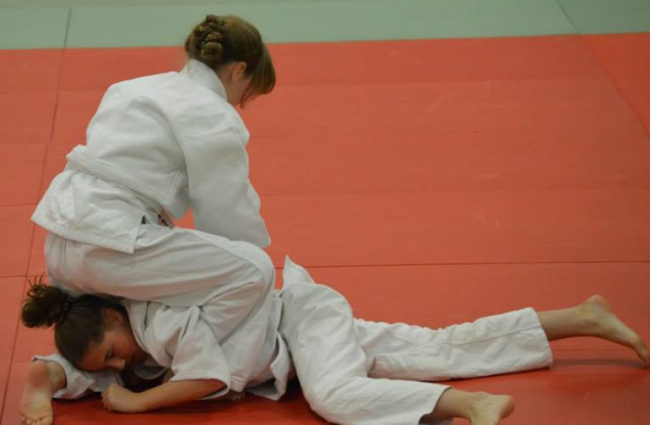By Eric Towner
Judo is not really about fighting. It is not about winning medals and trophies. Judo and other forms of martial arts are a discipline that teaches life skills and self defense. It begins with the history of Judo and the man who developed it form Ju Jitsu. Tigoro Kano’s picture can be seen in almost every dojo.
Kano’s five principles are written on the walls in some Dojo’s. The principles are as follows…
1) Carefully observe oneself and ones situation, carefully observe others, and carefully observe ones environment.
2) seize the initiative in whatever you undertake
3) consider fully, act decisively
4) know when to stop
5) keep to the middle
Along with these principles are “maximum efficiency” and “mutual welfare and benefit.”
Judo can be summed up in a quote from Kano Himself. “It is not important to be better than someone else, but to be better than yesterday.”
Why do we fight then? because “The thorn protects the rose”
On the tournament mat you will observe both players entering at both sides with an official in the center. At the officials signal they will bow in respect of their opponent and in honor of the official and the arena. They enter aggressively by stepping in 4 meters from each other and bowing again to each others with eyes downcast in a sign of trust. The official begins the match with the word “ojume” (ah ju may) which means begin. At the end of the process official awards winner with hand signal and opponents bow, back out to edge of mat and bow again. There should not be any arrogance or pride observed.
Through these fights, we learn how to conduct ourselves in everyday struggles. We learn from our defeats, and how to apply what we learn to our next struggles.
We all start out in life as a “white” belt and we work hard and apply ourselves to life learning things along the way. We advance to different levels along the way, (promotions, degrees, titles ect) When we enter “black” belt the process begins again at a different level. The Japanese word for the first level of a black belt award is “sho dan”, which means beginning.
We love to watch our children win trophies and awards, but we value more the lessons they learn from kids that put in the hard work, show good manners, such as speak clearly, look you in the eye when speaking, always say please and thank you, and excuse me. They should be humble and not arrogant. They should never “look down” on someone, show no pity but rather recognize the persons struggles.
Wyatt and Mja Towner are gearing up this year as local tournaments start. They started off in San Jose Buddist tournament, Ore Ida tournament in Ontario in January, McCall tournament and Boise Valley tournament the attended in March. Mja will be working and training for attending the IJF Nationals in July in California this year. Wyatt will be spending the summer in Japan with international 4-h exchange program.
Eric Towner
























